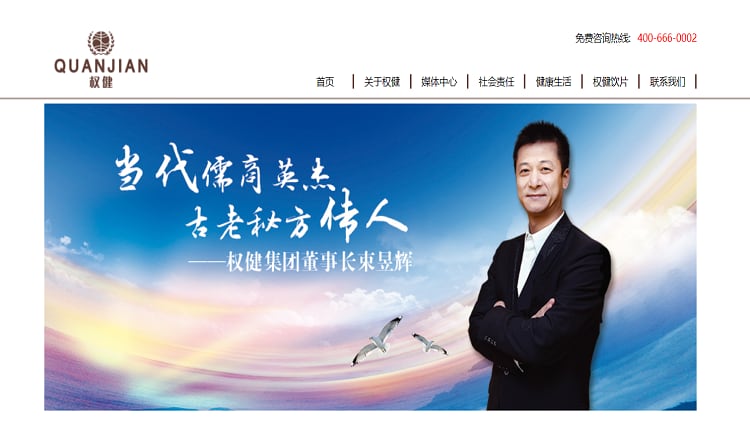Advocare entered into a $150 million settlement with FTC in 2019. The payouts announced last week are the proceeds of that settlement minus the administrative costs.
FTC had accused AdvoCare of misleading consumers by telling them they could earn significant income acting as independent distributors for the company, which sells a variety of dietary supplements. FTC alleged in the complaint that AdvoCare had, “[F]alsely claimed to offer a life-changing financial solution that would allow any ordinary person to earn unlimited income, attain financial freedom, and quit their regular job. In reality, the FTC alleged, the vast majority of AdvoCare distributors either earned no money or lost money.”
Fitting the definition of a pyramid scheme
According to the complaint, the AdvoCare business model incentivized distributors to sign up additional distributors rather than focus on selling products to consumers. Getting that balance right—with the emphasis on selling products to end users—is what distinguishes a legal multi level marketing setup from an illegal pyramid scheme. In a pyramid scheme, also known as a Ponzi scheme after one of its early practitioners, only the very first participants stand to make any profit.
The FTC complaint further alleged that AdvoCare required distributors to purchase large amounts of products on their own account. AdvoCare did not admit any wrongdoing when reaching the settlement with FTC.
"AdvoCare and the other defendants told distributors to make exaggerated claims about how much money average people could make—as much as hundreds of thousands or millions of dollars a year. The FTC alleged that distributors were told to create emotional narratives about how they gained financial success through AdvoCare and to instill fear in potential recruits that they would suffer from regrets later if they declined to invest in AdvoCare,” the FTC complaint alleged.
More than 224,000 consumers stand to receive payments in the settlement, FTC said.
Under the terms of the 2019 agreement, AdvoCare can still use independent distributors to sell its products. But it must compensate them based solely on sales to consumers. Distributors may not get commissions on sales made by other distributors, and the customers in this case may not have been associated with the business in the prior two months.
Honesty about earnings potential
Herbalife settled a similar FTC pyramid scheme case a few years ago by paying a $200 million fine. After that settlement Herbalife started quoting the earning potential of its distributors more forthrightly. In one company document, Herbalife stated that 88% of the more than 400,000 distributors on the company rolls that year earned nothing at all. Of the more than 80,000 distributors that had achieved ‘Sales Leader’ status, almost 95% earned $7,000 a year or less on average. The chart in that document does not include commission on sales directly to consumers, but in most multi-level organizations this amounts to a small fraction of overall income.
More recently, Herbalife had been quoting an average of about $1,700 a month for its more active distributors.
In a company document, AdvoCare stated that in 2017 about 98% of its distributor network (which that year totaled 387,372 distributors) earned $2,000 a year or less.
In addition to the changes in how AdvoCare compensates its distributors and what it says to new recruits about the income opportunity, the agreement also prohibits former CEO Brian Connolly from future work at an MLM. Connolly has also agreed to keep FTC updated on his contact info and his business dealings.




